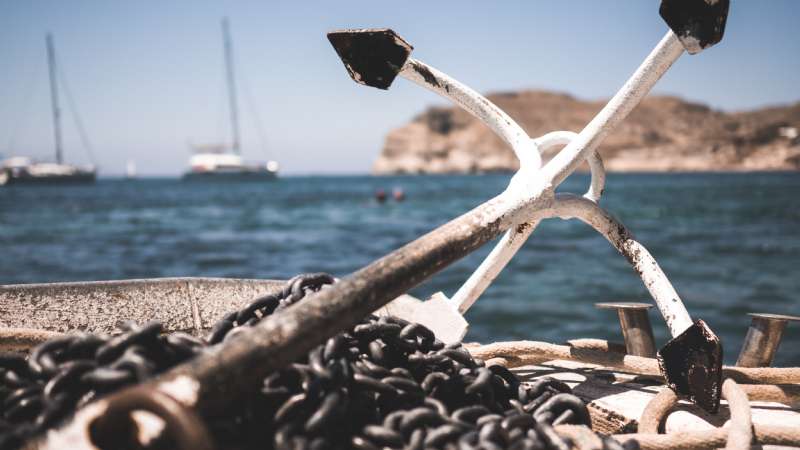Iron Types and Iron Selection
Anchors are special tools that allow the boat to stop at the desired location and prevent it from dragging. If we talk about what types of iron and iron choices are and what should be considered. In boats, these vehicles are often referred to as anchors. Regardless of the anchor or anchor, these vehicles cling to the bottom of the sea to ensure that the boat is not affected by the wave and wind.
The iron or anchor has arms, body, and nails. The body part is the main body. It is connected to the chain or rope using the iron ring on the body. The arms are attached to the sea bottom utilizing the nails on the end.
When choosing anchors, people need to consider some of the characteristics of their boats. The weight and length of the boat are among the issues that should be taken into consideration. It is not possible to obtain the desired yield from the anchor which has not been selected according to the boat. It is also important to pay attention to the weather conditions in the anchor to be selected. It is more convenient to use heavier iron, especially in bad weather.
What are Iron Types?
Nowadays, the most preferred types of iron are;
Jointless Plow (Delta): This type of iron provides a very firm grip in the sand. However, in mossy areas, it may be difficult for iron to reach the sand.
Articulated Plow Type (CQR): Very good adhesion especially in gravel and sandy places. Although it does not provide a very good grip in rocky, mossy and muddy places, it still has sufficient effect.
Wing Type (Bruce): Sand provides a very good grip on the ground. It also has a sufficient grip on rocky and muddy soils. However, it has a weak grip in mossy areas.
Light Articulated Spigot Type (Fortress, Danfort, Performance, Guardian): This iron is useless in mossy and rocky areas and provides high performance in sandy areas.
Traditional Fisherman Type (Luke, Herroshoff): Providing a very high grip in rocky and mossy areas, this product provides a little grip on sandy ground.
Umbrella Type: This anchor is insufficient on sand and mud soils and provides a good grip on mossy and reed soils.
Hook Type: Generally used in small boats. It is very useful in reeds, rocky and mossy areas. It does not have a very strong grip. It is generally preferred for short-term anchoring operations.
Chipless Dreadnought Type: This product, which is preferred in big boats, opens up to 45 degrees and is used as such.
In general, we tried to give information about iron types and iron selections.

